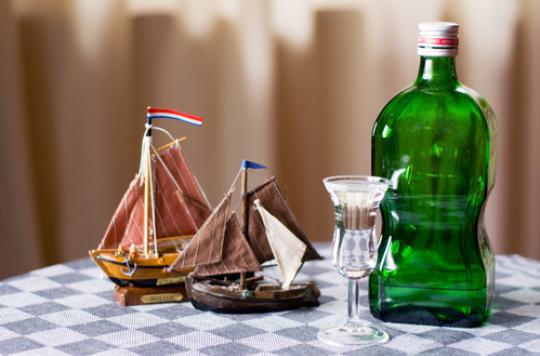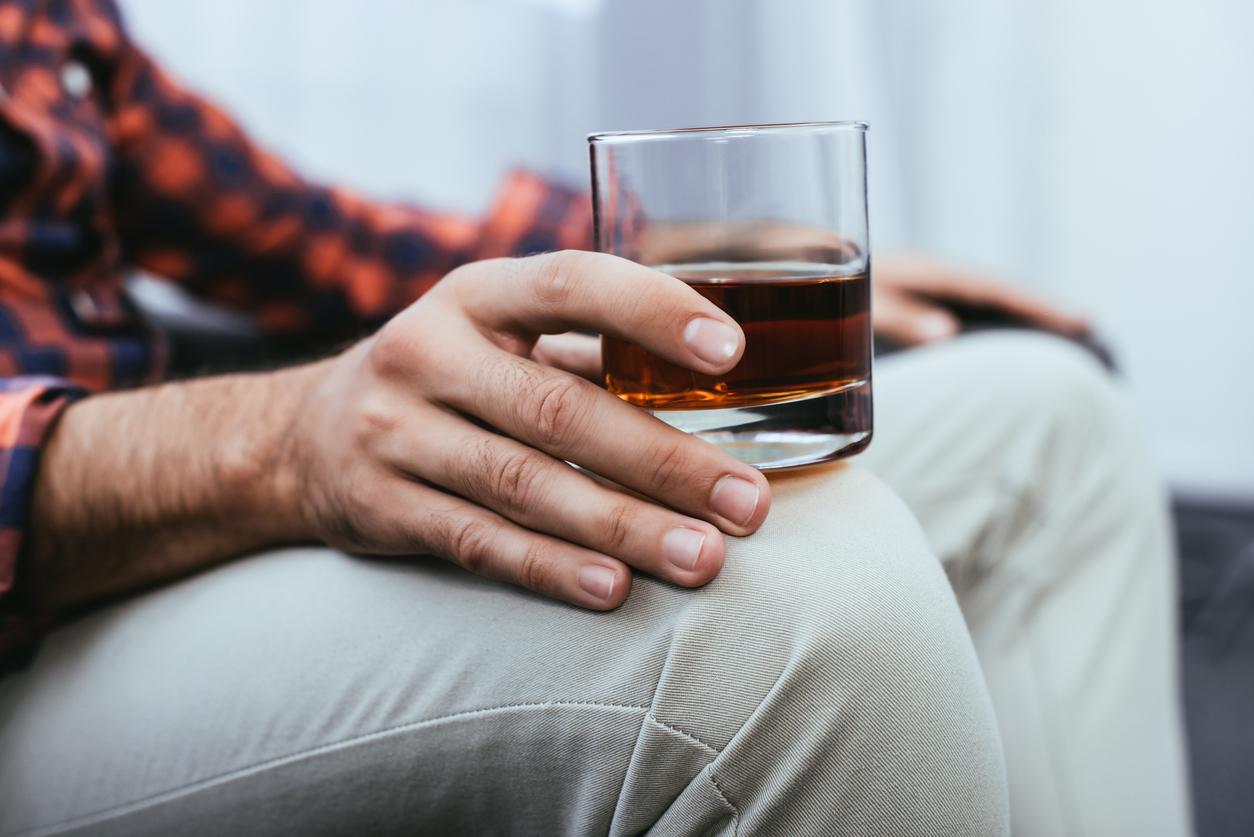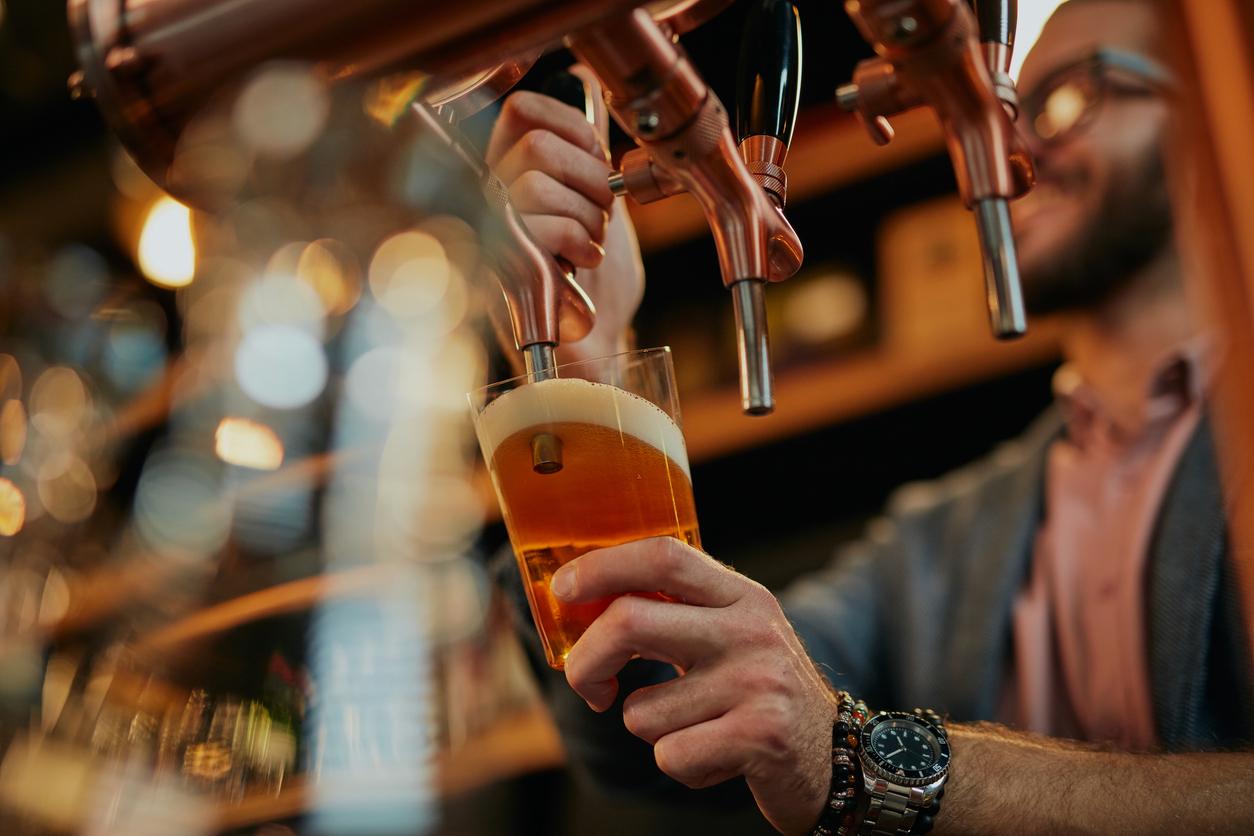Persons working at sea should not have more than 0.5 grams of alcohol per liter of blood. The law has been strengthened to prevent alcoholism on board ships.

With 11 million km2 of marine spaces, France is very invested in the marine sector. And yet, for the 450,000 jobs attached to the maritime economy, the regulations could be rather flexible with regard to alcohol. This observation is now a thing of the past.
The Council of Ministers of March 1 resulted in the ratification of the prescription relating to the medical aptitude for navigation of seafarers and the fight against alcoholism at sea. Persons employed on board ships are subject to stricter rules.
A postponed departure
“The regulations on alcohol at sea are constructed in a logic similar to that of the highway code”, explains Alain Vidalies, Secretary of State for Transport, the Sea and Fisheries, at theAFP. This is indeed the impression that emerges from reading the text of the law. At present, the blood alcohol level should not exceed 0.5 grams per liter of blood. This goes for personnel and pilots.
Checks can be carried out at any time, on land or at sea, specifies the ordinance. In the first case, the departure of the ship may be postponed. Offenders are exposed to different penalties, depending on their role on the boat.
Thus, alcohol abuse is considered a crime for captains, chief engineers and personnel responsible for visual and auditory monitoring. The other members of the crew face a fine. A heavier sanction is therefore foreseen for people who endanger the rest of the ship. The minimum will therefore be 2 years’ imprisonment and a 4,500 euro fine.
Up to 100,000 euros fine
“If it is a pilot, the court seised can also pronounce, in a complementary or principal capacity, the prohibition to exercise the profession of pilot for a period of three years at most”, specifies the text. The penalties can go up to 7 years in prison and 100,000 euros fine in the event of an error such as clumsiness, recklessness, inattention, negligence or breach of a legislative or regulatory obligation of safety or prudence under the influence of ‘alcohol.
Concretely, this new text makes it possible to go so far as to prohibit the consumption of alcoholic beverages on board. “These measures (…) must be proportionate to the aim sought,” however, underlines the document. In principle, the introduction of alcohol on the ship is prohibited, except by exemption.
This is not the only measure taken in favor of the health of seafarers. The Ministry of the Environment, Energy and the Sea also subjects certificates of medical fitness to more severe conditions, for workers who have obtained this certificate from a foreign doctor.
This must be recognized by the French State, that is to say, work within the framework of the conventions of the International Maritime Organization and the International Labor Organization. According to theAFP, 7,000 people are affected by this provision.
.

















